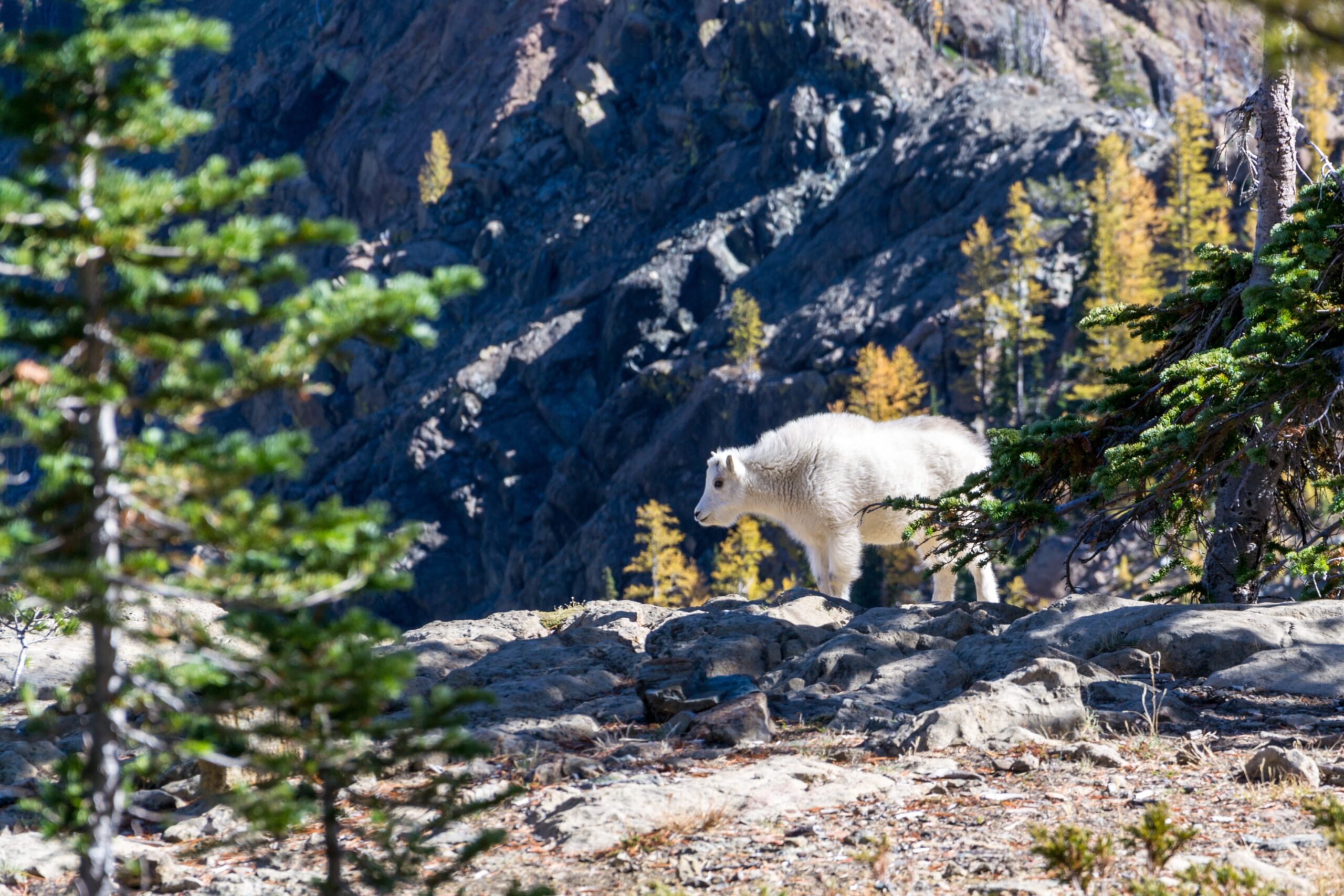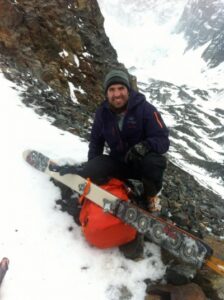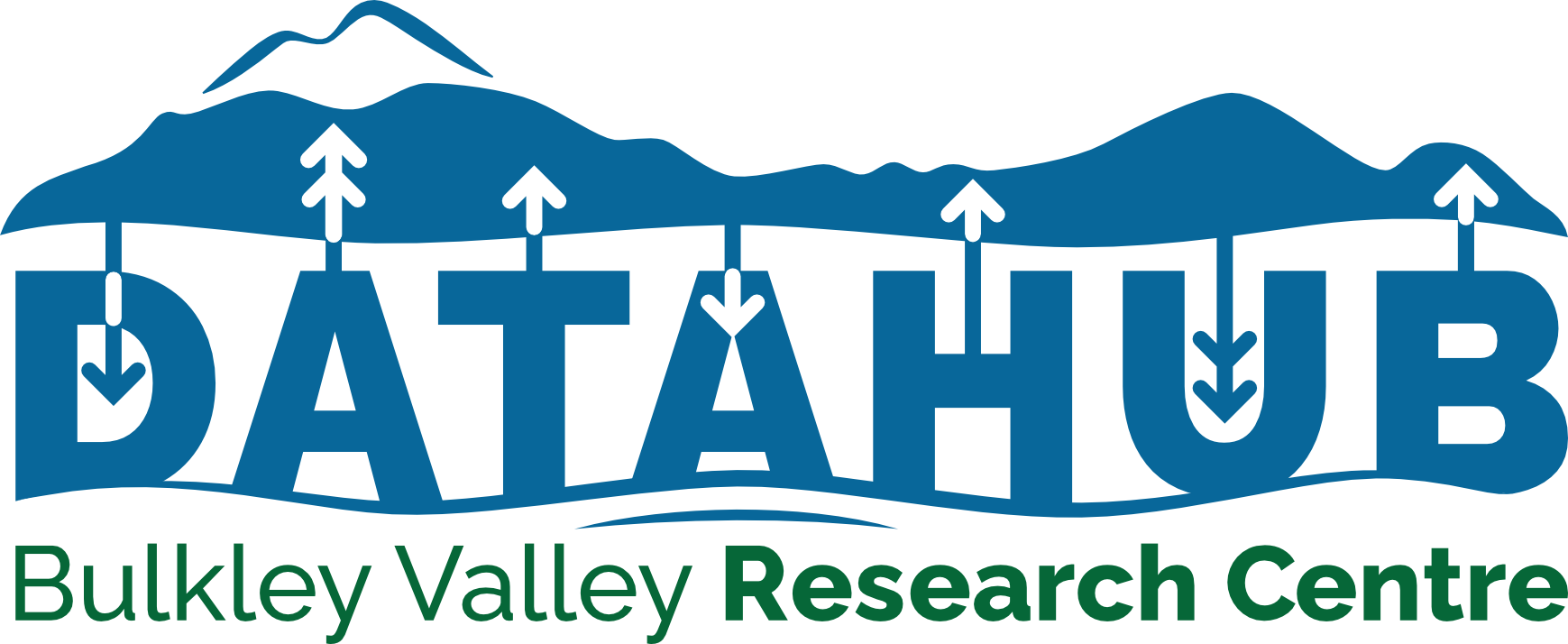Local Ecological Knowledge of Mountain Goats in the Skeena Region

About this seminar

Since time immemorial, people have been interacting with mountain goats in the mountainous landscapes of what is now commonly known as the Skeena Region. Many have gained exceptional and even intimate knowledge of specific populations through seasonal expeditions to mountain goat habitats, either through hunting or wildlife viewing. This knowledge is valuable for species conservation, and current management programs could benefit from its application. The Skeena Region of British Columbia is home to 49% of the province’s mountain goat population. Mountain goats have cultural, economic, and ecological value in the Skeena Region. However, despite continual efforts by the province to manage the species, many local populations have declined or been extirpated. One blind spot for scientists and managers has been using and integrating the local ecological knowledge (LEK) of experts who frequently interact with and monitor mountain goats. Often mistaken as “anecdotal,” LEK has been overlooked in the role that it could play in localized management programs. McQuaid interviewed local experts throughout the Skeena Region, focusing on harvest selection, monitoring practices, observations of local population dynamics and habitat, anthropogenic disturbances, and perceptions of management. His research indicates that local experts have substantial knowledge, and he will argue that ethnoecological methods should be carefully analyzed and integrated into organizational systems. Most local experts who participated in this study have observed mountain goat declines in their frequented areas (as observed over decadal scales). Input by local experts and further investigation into these areas have found that high harvest rates, growing backcountry recreation, and the effects of climate change could be important factors for these declines.

